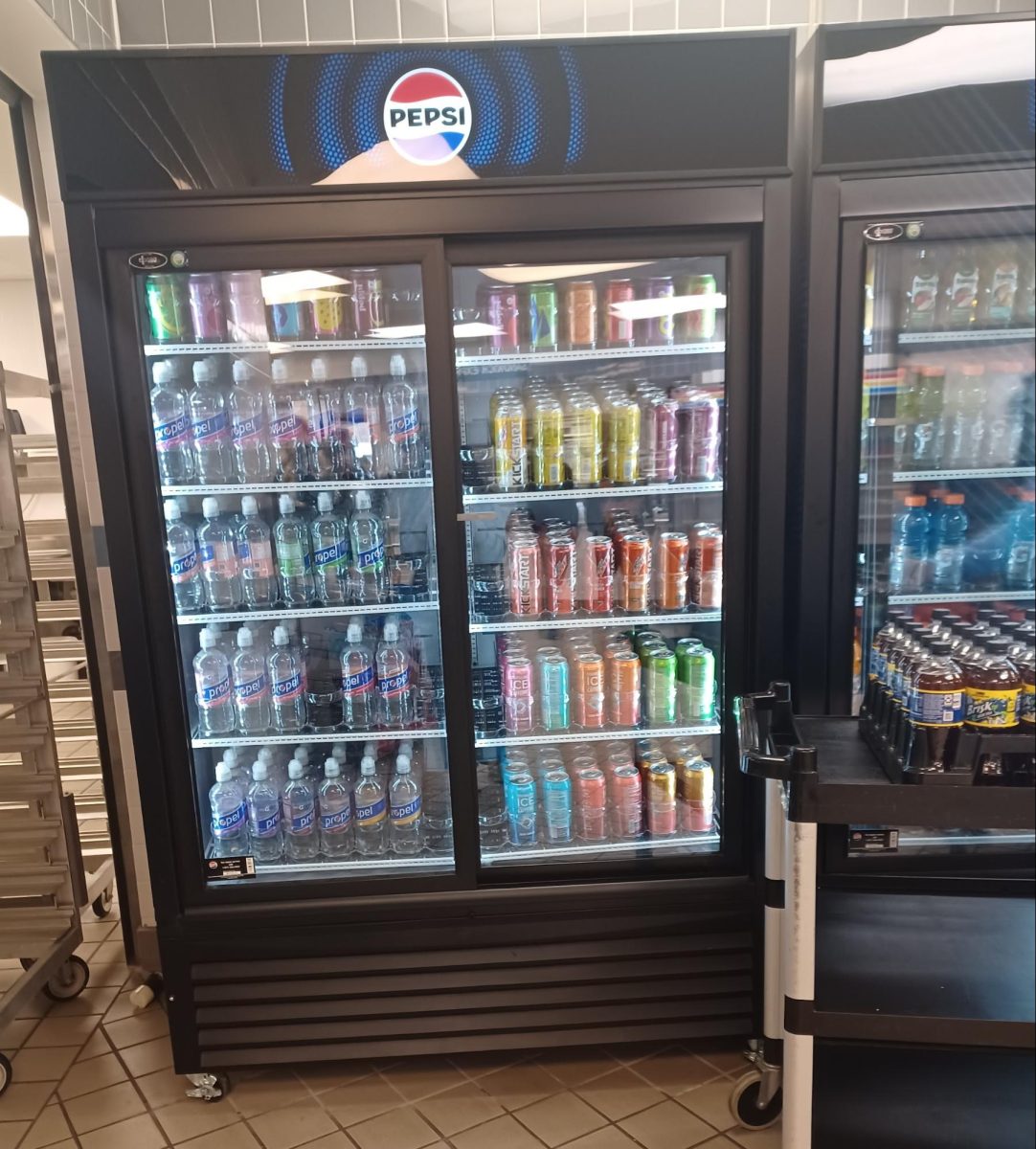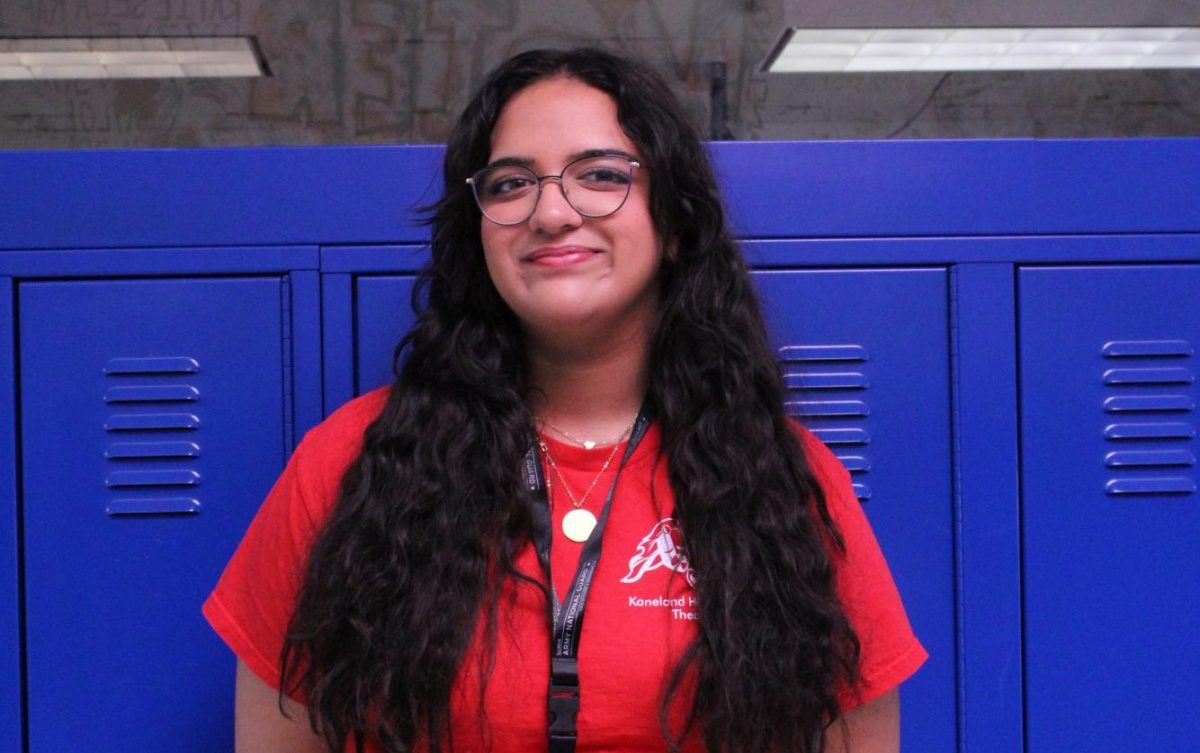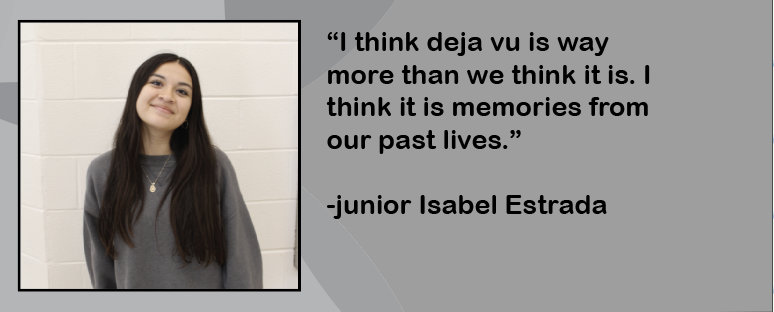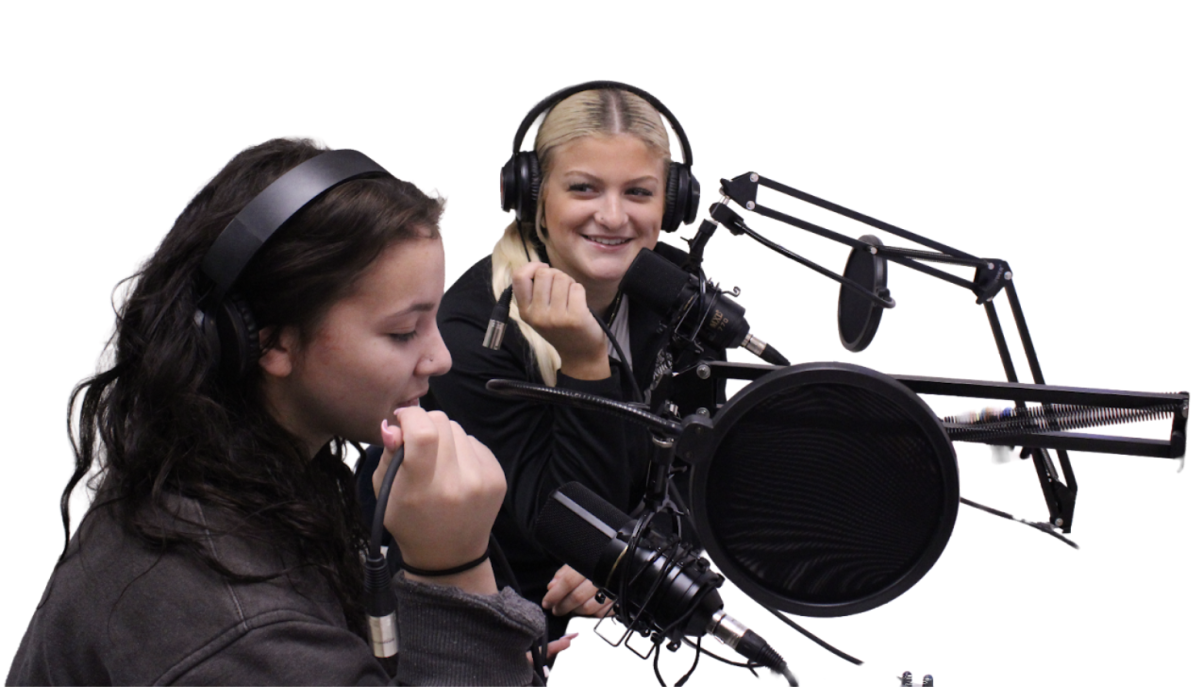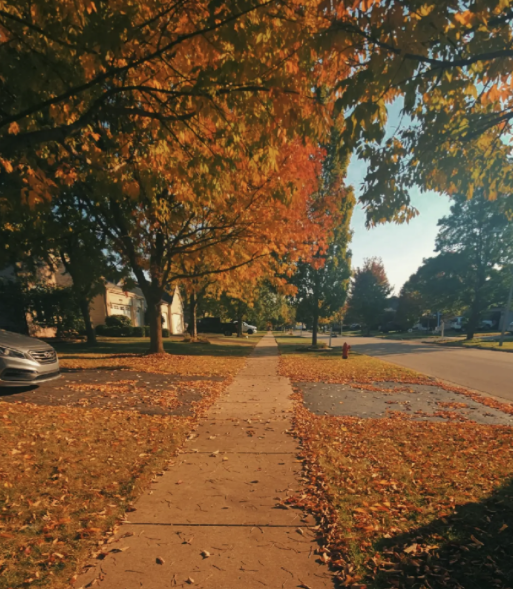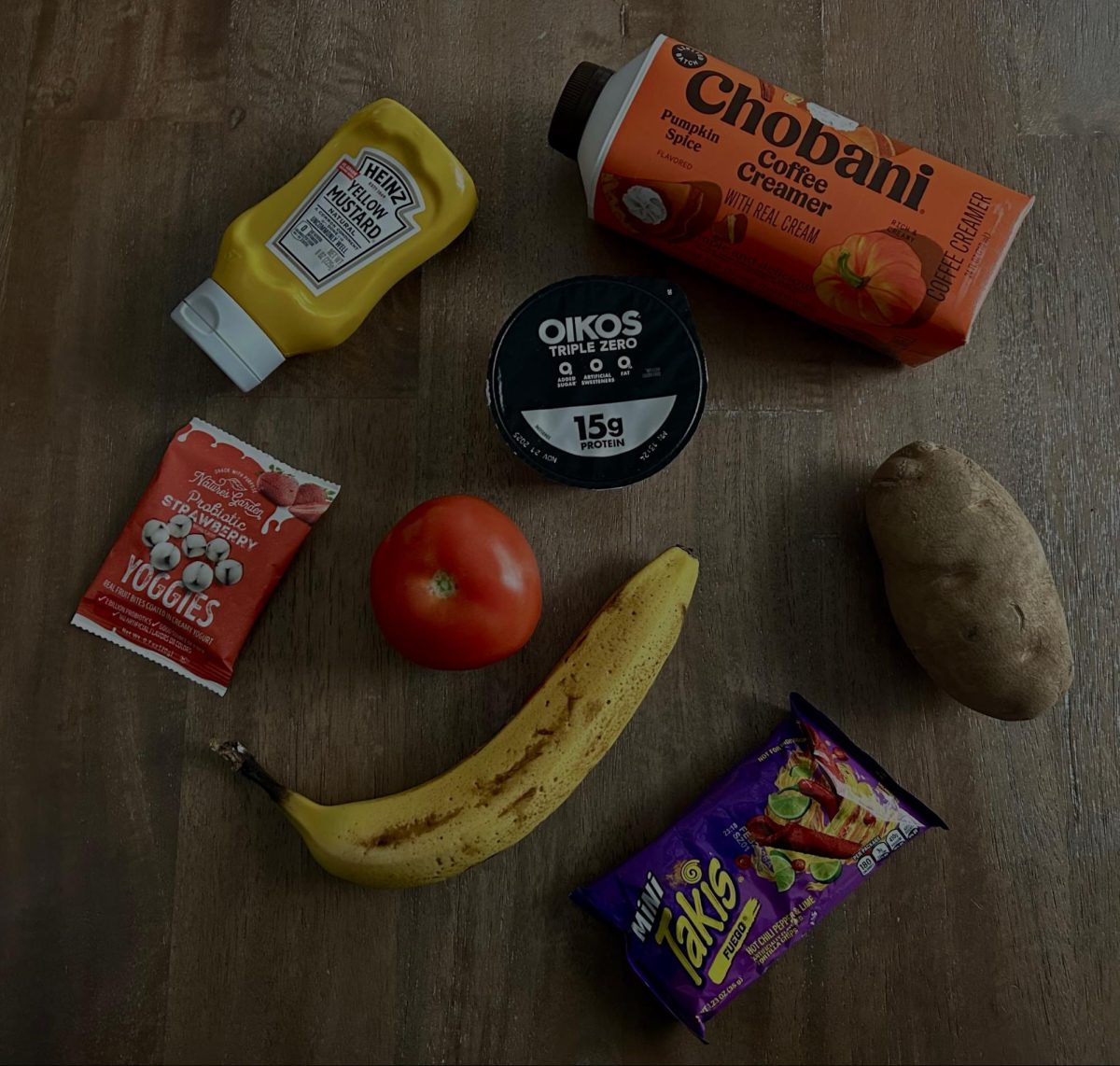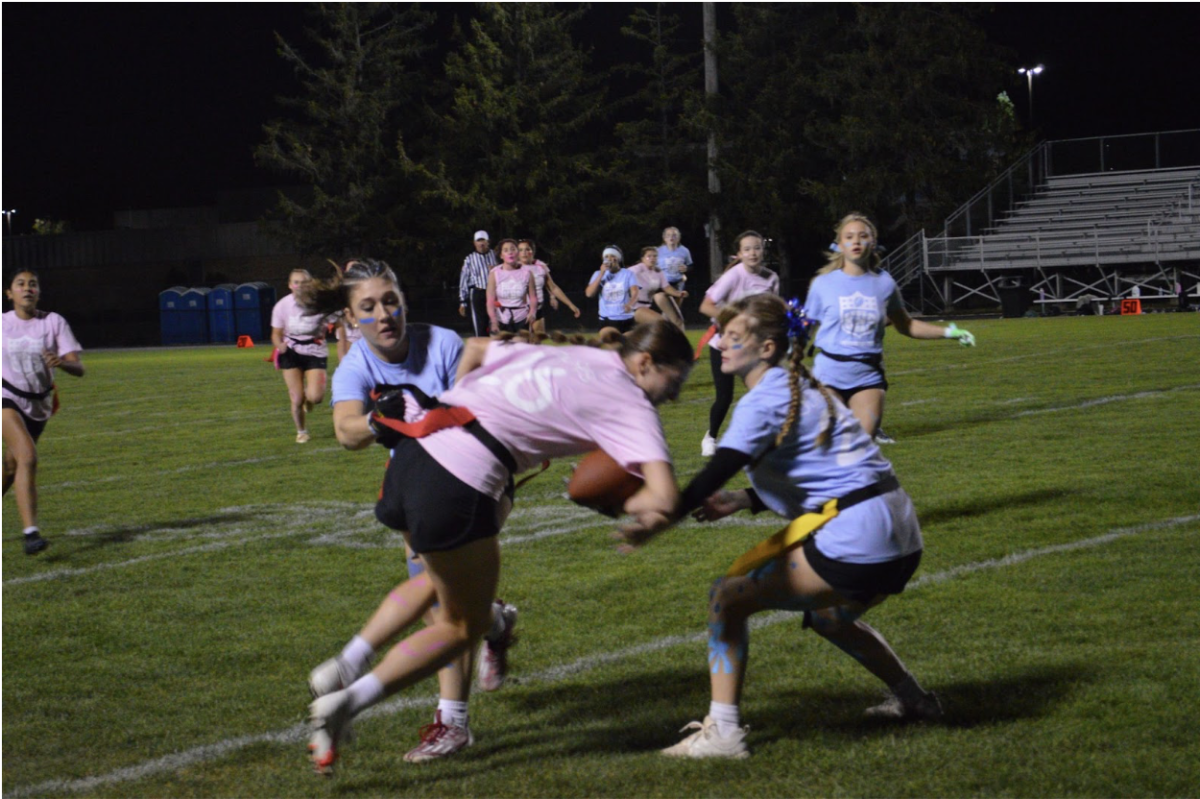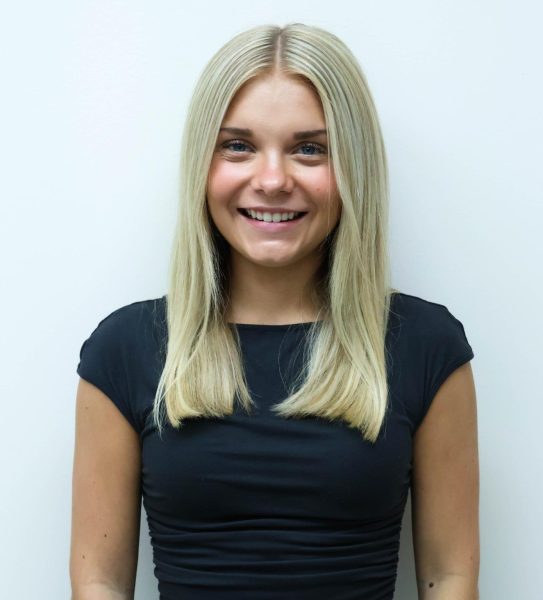It is easy today for young people to become influenced and consumed by social media. A blemished face can become clear with one selection of a filter. Editing apps allow users to make adjustments to their bodies by erasing imperfections and signs of aging. Social media influencers have begun sharing their journeys of plastic surgery in hopes of normalizing people making changes to their bodies due to their insecurities.
Most recently, the aged filter became trending on the social media app TikTok. This filter uses artificial intelligence to advance the appearance of your face by decades. With more than 21 million videos posted using this filter, there were some mixed reactions. Many young people see aging as something to fear, while others see growing old as a privilege.
TikTok and other platforms have also created a beauty mode for its users. This mode smooths skin by covering wrinkles, lines, acne and other blemishes. Other users do not know when people use the beauty mode.
Beauty mode is accessible to everyone on platforms like TikTok, and people like junior Charlotte Krage use it in the videos she posts.
“It’s not necessarily a bad thing, but I don’t think it’s a good thing. [Obviously], it makes you look good, but once it’s turned off, it makes you see yourself differently,” Krage said.
These apps have other features that allow users to change their eye and hair colors and to slim their face or even add makeup.
English teacher Christina Staker regularly posts content on Instagram and uses filters on her photos and videos.
“I try to find filters that still make me look like myself, but just brighten the image,” Staker said.
Another popular way to edit one’s appearance is using editing apps. Recently, Louisiana State University (LSU) gymnast and TikTok creator Olivia Dunne was accused of editing her photos to enhance certain features of her body. Dunne has posted multiple professional gymnastics photos to her profile, but TikTok users have pointed out that her body in those photos looks different than the original photos posted by her photographers.
In a 225 Magazine article about Dunne, a photo was featured with her at a gymnastics meet. This photo was also posted by Dunne on her Instagram page, but people noticed differences in the two photos. In the photo posted by Dunne, her body appeared to be less muscular and more curvy.
A popular app for editing is Facetune, which allows users to retouch and reshape photos. Junior Christian Martinez explained that although he has never edited his pictures, he thinks editing photos for visual appearance is ignorant.
“It’s not the fact that they are doing it,” Martinez said. “It’s the fact that they’re trying to make people believe they aren’t.”
Plastic surgery is a popular topic on social media, with some influencers on TikTok and Instagram sharing their stories. TikTok influencer Alix Earle shared her journey of getting breast implants in 2022.
“Promoting it or showing off on social media, especially [with] a lot of teenagers on there, has a heavy impact on them because it’s setting a standard that’s high,” junior Camila Chavez said.
Dr. Roger Tsai has 127.7 thousand followers on TikTok and targets most of his videos at young women with insecurities about their bodies. Tsai has also spread misinformation to his followers.
In one video that Tsai posted, he writes, “When you find out you can lose 20 lbs. in one month…” The accompanying video features Tsai and two young women promoting Ozempic, a weekly injection for people with type two diabetes. This drug has also been shown to help weight loss, but it has not been approved by doctors.
While social media promotes these deceptive things, other creators promote natural beauty and positivity.
“One of the bad things about social media is the idea that there’s a certain kind of beauty you’re supposed to be,” Staker said. “Maybe it’s just the people I follow, but I feel like there is this surge in being true to yourself and your own beauty.”


